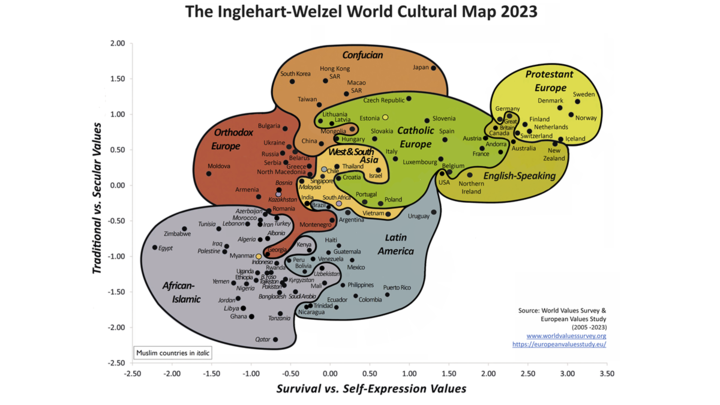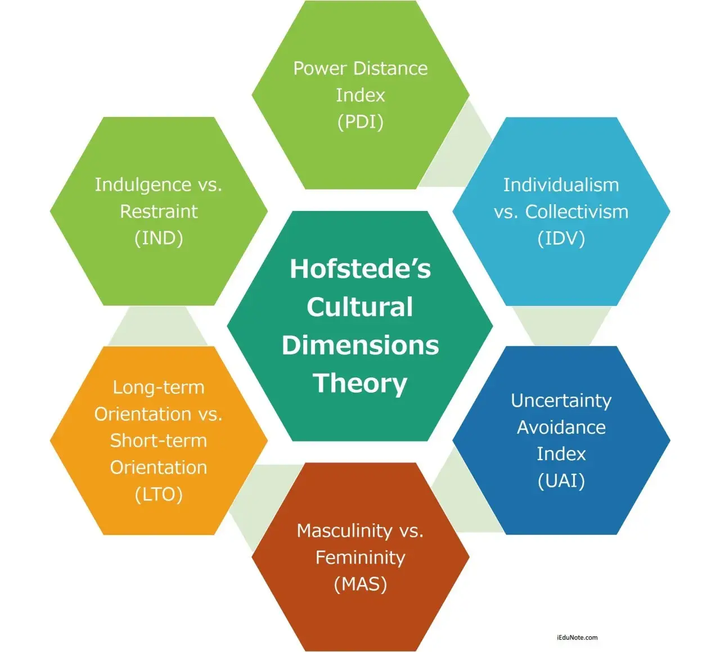Having lived and worked in several corners of the world, the topic of cross-cultural experiences has always held a deep fascination for me. It’s something I carry with pride—and perhaps a little bit of boastfulness—when I say I’ve built friendships and connections with people from over 110 countries (at least the last time I counted a few years ago). So when I was invited to speak on this very topic at the Rotary Club of Utrecht International, it sparked a moment of introspection.
At our club, it’s a tradition to share stories and perspectives that reflect our international DNA. Preparing for this talk made me think: how do we really understand and navigate the cultural mosaic we live in today?
We’re all different—not just in terms of nationality or background, but also in how we process the world. Personally, I’m very much a frameworks-and-systems-thinking kind of person. I need structure to make sense of complexity. And culture, as abstract as it can sometimes feel, is deeply intertwined with our intellectual evolution. Understanding others starts with understanding the systems they live in—and those we live in ourselves.

That’s why I turned to one of my favorite sources: the World Values Survey. It offers a sweeping view of how cultural norms and values shift across countries and over time. From the deeply traditional to the wildly secular, the survey highlights the full spectrum of human belief and behavior. I’ve had the privilege (and sometimes the challenge) of navigating both ends of this cultural continuum. And every time, it’s been a lesson in humility, openness, and growth. If you are looking for even more fun Hofstede elaborated it further with his six dimensions framework and if you are looking to compare cultures here’s a nifty comparative tool based on Hofstede’s work. See what surprises you can find based on your experiences. Another resource I have widely relied on is a fascinating book by Richard D. Lewis, When Cultures Collide. Pretty framework-y if you ask me.

But frameworks and surveys only go so far. At some point, real understanding happens through connection. That’s where organizations like Rotary International come in.
My previous club—what I fondly call my “mother club”—had around 60 members from over 30 different cultural backgrounds. Every Thursday, we came together not because we shared passports, but because we shared values. We deliberately rose above the noise and polarization of the world outside and chose to bring our best selves to the table. That experience taught me that despite all our differences, there’s always common ground to be found.
Here at the Rotary Club of Utrecht International, we carry that same spirit. We’re equally diverse, and equally committed to creating a space built on mutual respect, service, and shared purpose.
In a world that often seems to emphasize division, finding those shared values is powerful. And more than ever, we need spaces—like Rotary—where people can come together across cultures, collaborate meaningfully, and simply connect as human beings.
If you’ve ever wondered how to expand your worldview, stretch your thinking, or just meet some fascinating people from across the globe—I can’t recommend it enough.
Written by Omar Shafqat
